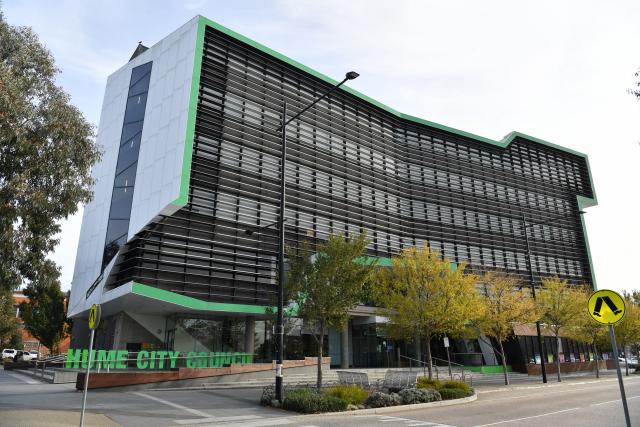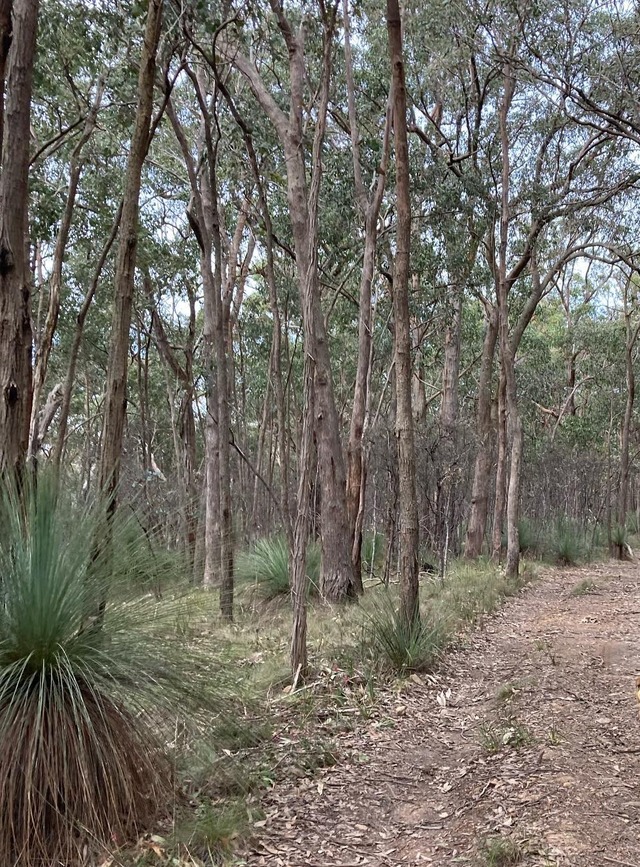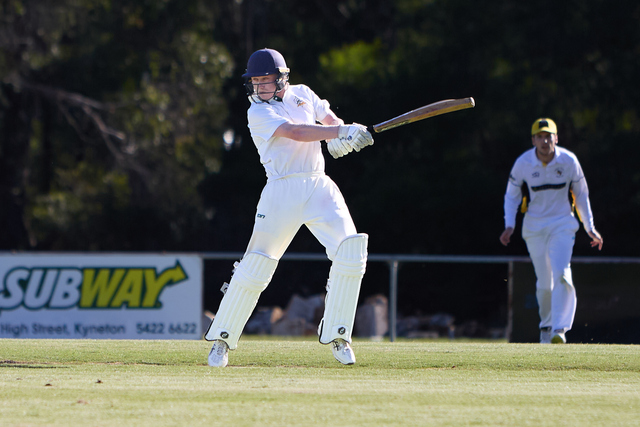Lorraine has always tried to be proactive about her health.
The New Gisborne grandmother hadn’t been concerned about her heart, but decided to have a precautionary screening as part of a new study in Melbourne’s west.
“I would rather do prevention than cure,” Lorraine said.
The tests showed the 66-year-old’s heart muscle was functioning normally, but one of the top chambers of her heart was enlarged.
This enlargement can be caused by a rhythm problem Atrial Fibrillation (AF) that puts people at risk of heart failure and stroke. Lorraine was given a handheld monitor to use at home to look out for AF, and was later given the all-clear.
Lorraine was part of a major study aiming to prevent heart failure and she’s encouraging others to sign up.
Baker Heart and Diabetes Institute is recruiting 800 people from Melbourne’s west for the heart study. It hopes the findings will help it come up with a new strategy to prevent older Australians developing heart failure.
Director and cardiologist professor Tom Marwick said there was no effective strategy to identify heart failure. “Patients present late in the course of the disease where hospitalisation is inevitable and treatment responses are poor,” Professor Marwick said.
The study uses a new, non-invasive imaging technique to investigate the benefits of screening and treating people at risk of heart failure. Participants in the study must be aged over 65 and must be either diabetic, have high blood pressure, or be overweight or obese.
Details: Baker.VicELF@baker.edu.au or contact Joanne Harris on 8532 1511


















